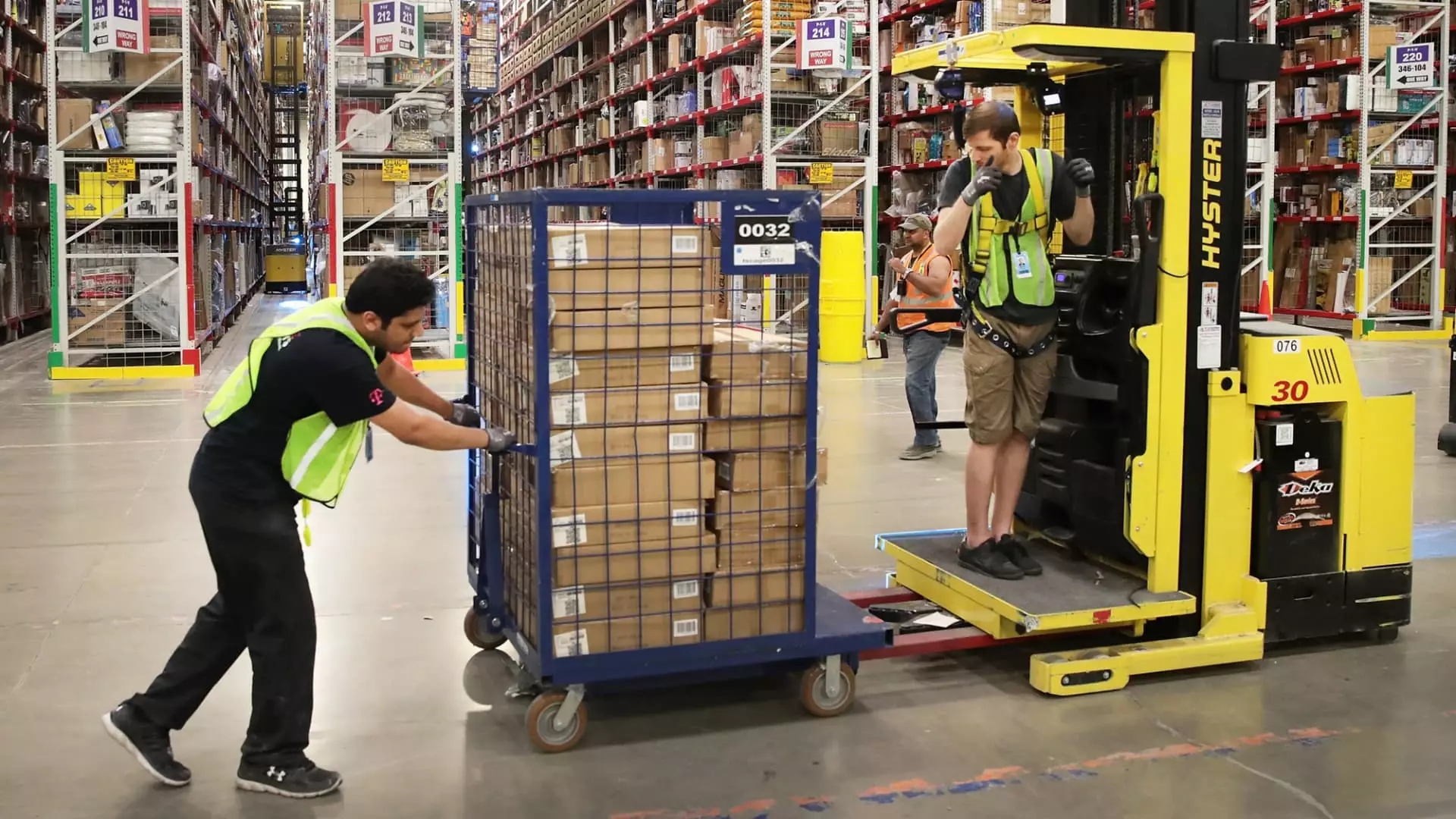In recent news, Democratic Sen. Ed Markey, D-Mass., has introduced new legislation aimed at regulating the use of productivity quotas by warehouse employers, particularly focusing on companies like Amazon. This bill, known as the Warehouse Worker Protection Act, is the first of its kind at the federal level to address the concerns raised by critics regarding the impact of these quotas on employees’ well-being.
One key aspect of the proposed legislation is the requirement for employers to be more transparent about workplace quotas and potential disciplinary actions. This includes providing workers with at least two business days’ notice of any changes to quotas or workplace surveillance. By increasing transparency, employees will have a better understanding of expectations and the consequences of not meeting them.
The Warehouse Worker Protection Act also seeks to prohibit companies from implementing “harmful quotas” like the controversial “time off task” metric used by Amazon. Critics argue that such quotas lead to strenuous working conditions and are often used as a surveillance tool against employees. By banning these harmful quotas, the legislation aims to create a safer and fairer working environment for warehouse workers.
While Amazon has defended its use of quotas by stating that they are not fixed but rather based on performance expectations, many warehouse workers have expressed concerns about the lack of transparency and the opaque nature of these quotas. Workers claim that they are often determined by algorithms and that they face disciplinary action or even termination for failing to meet them. This has raised questions about the impact of such quotas on employee well-being and safety.
The Occupational Safety and Health Administration (OSHA) has issued citations against Amazon for exposing employees to safety hazards, citing the pace of work as a contributing factor. Additionally, OSHA and the U.S. Attorney’s Office are currently investigating conditions at several warehouses, while the U.S. Department of Justice is looking into allegations of underreported injuries by Amazon. These investigations highlight the challenges faced by warehouse workers and the need for greater oversight and accountability.
Wendy Taylor, a packer at an Amazon warehouse in Missouri, shared her experience during Sen. Markey’s press conference. Taylor recounted an incident where she was injured at work but was pressured to return to work immediately by onsite medical staff. Her story underscores the importance of protecting warehouse workers and ensuring their safety and well-being in the face of demanding productivity quotas.
The Warehouse Worker Protection Act represents a significant step towards addressing the concerns raised by critics regarding productivity quotas in warehouses. By increasing transparency, banning harmful quotas, and holding employers accountable, this legislation aims to create a safer and fairer working environment for warehouse workers across the country. As the debate continues and investigations unfold, it is crucial to prioritize the well-being and rights of warehouse workers to ensure that they are not unfairly subjected to unsafe working conditions in the pursuit of productivity.



Leave a Reply